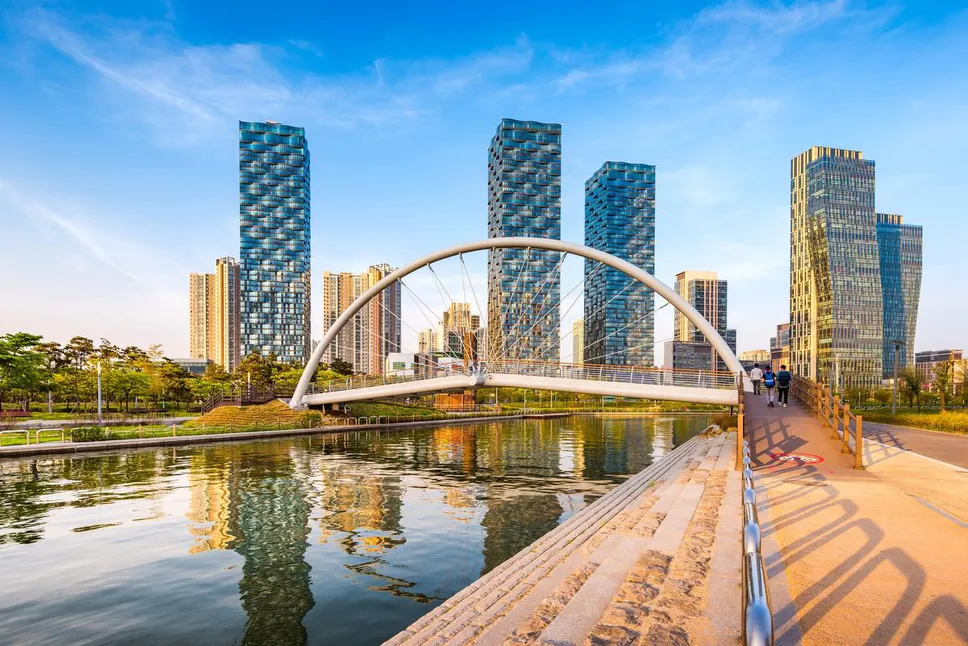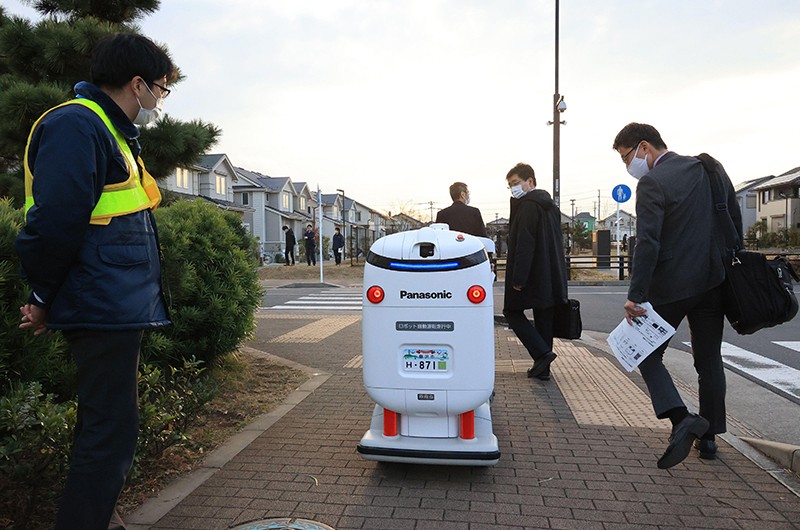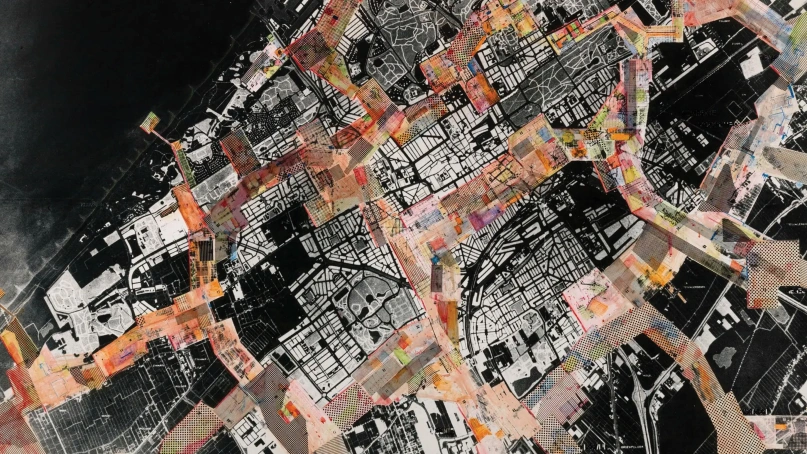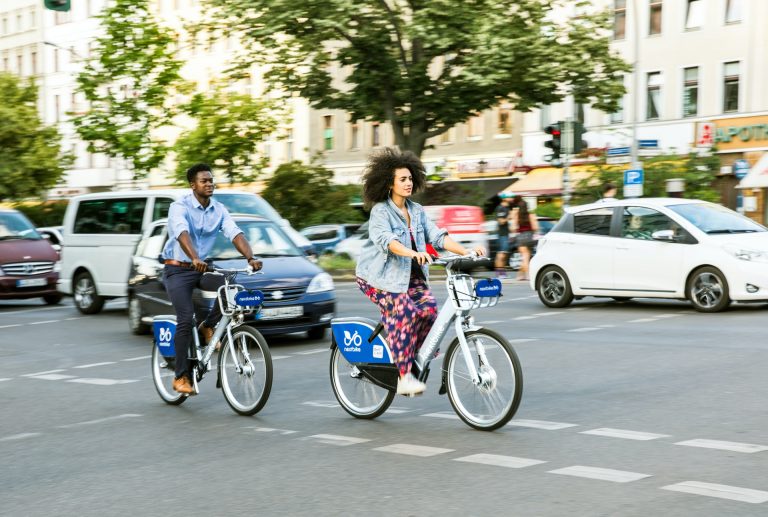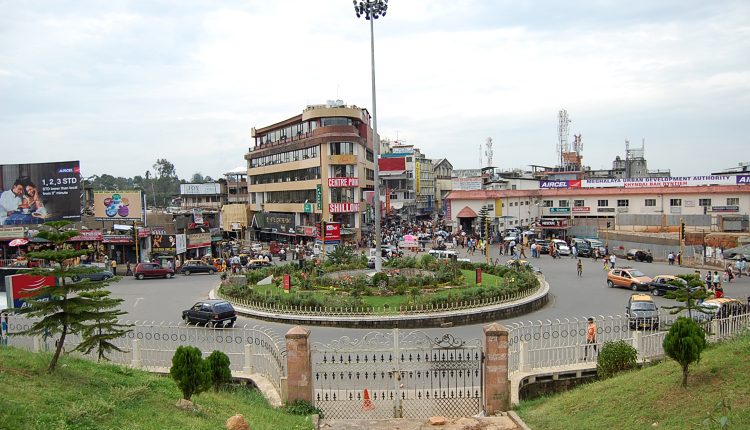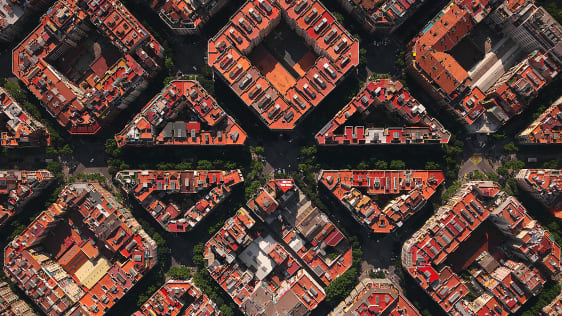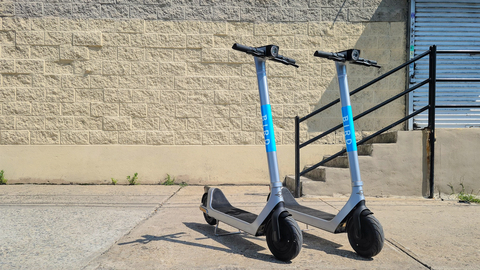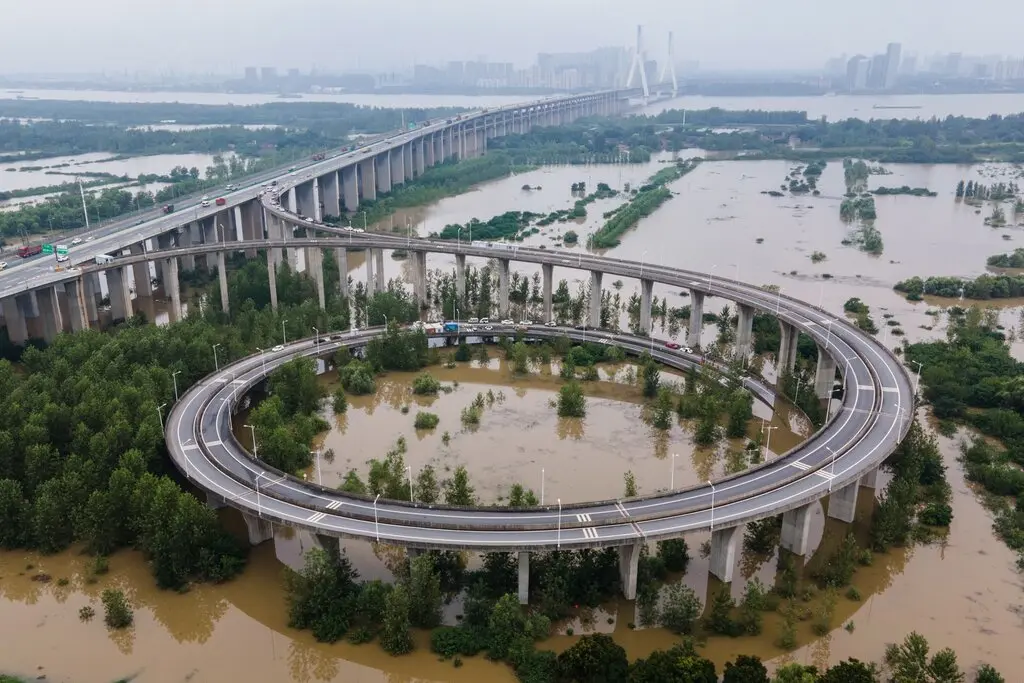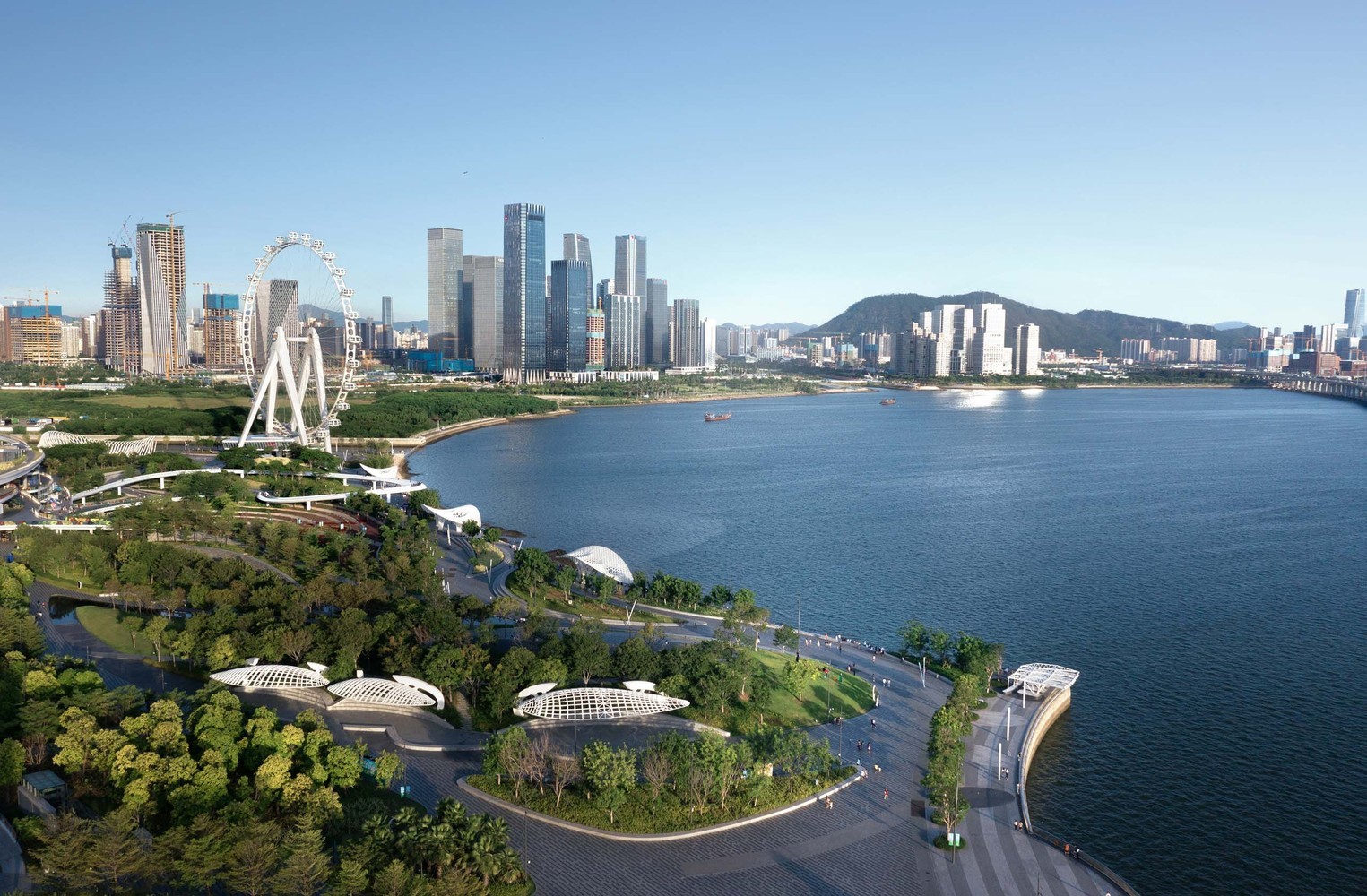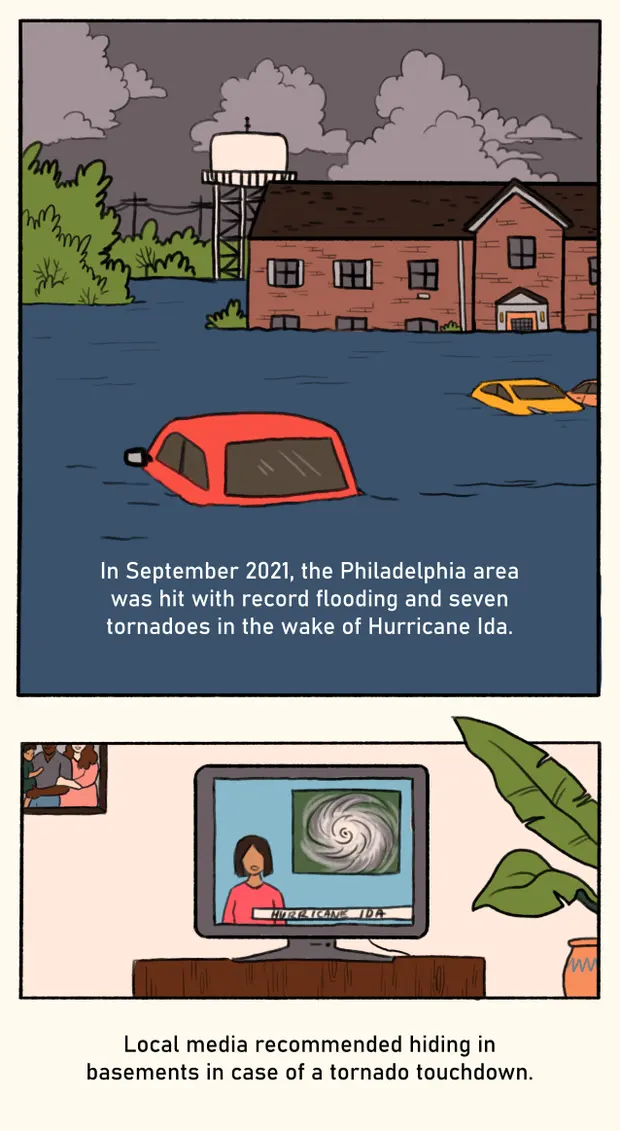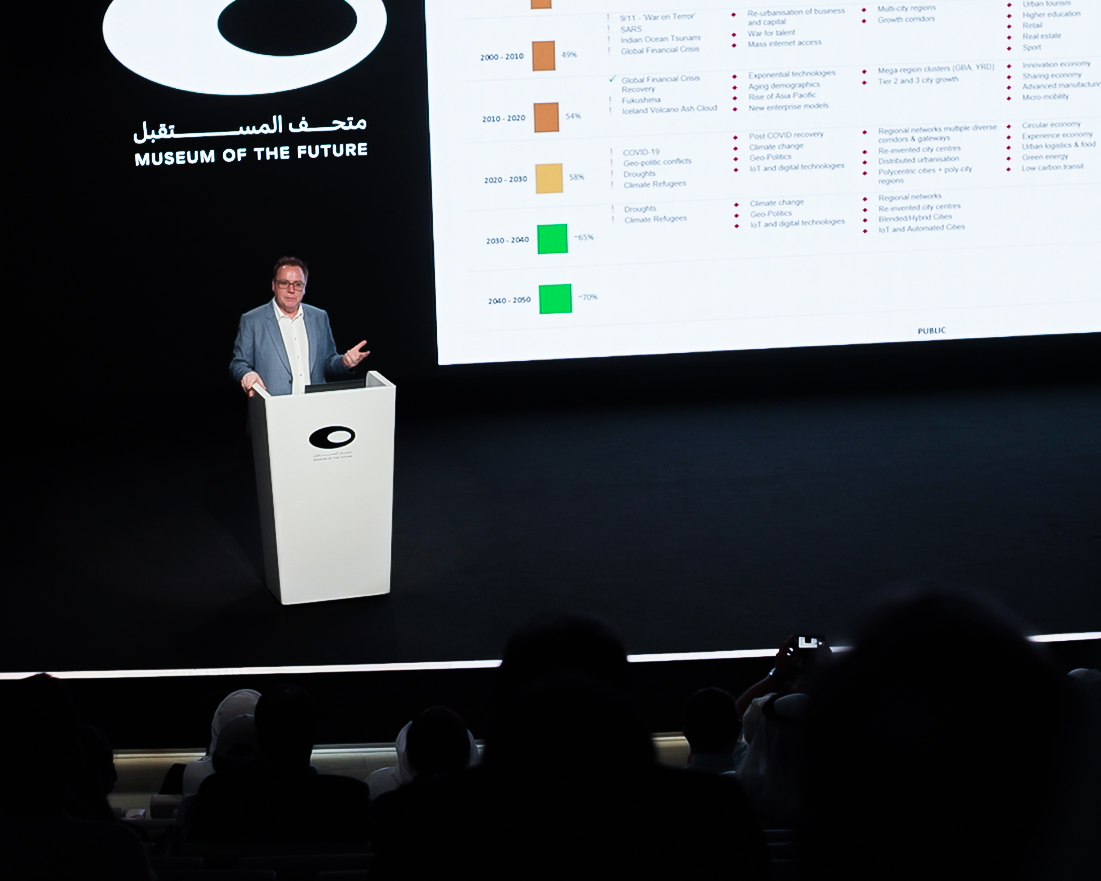
The Smart City Index defines a smart city as “an urban setting that applies technology to enhance the benefits and diminish the shortcomings of urbanization for its citizens.” The top-ranked city, Singapore, has addressed urban challenges with information technology since 2014 through its Smart Nation Initiative (2). The influence of technology is reflected in the city’s open platform for sharing energy data, crowd-sourced location data for smart navigation, and even online forums for citizen participation in policy-making. The smart city concept requires the acquisition of massive amounts of data in real time, and large networks of smart devices must spread the burden of communication and processing evenly across the network to prevent information overload at its center. Opportunities to solve this challenge have recently emerged through the development of increasingly “smart materials” that can sense, process, and respond to environmental stimuli without centralized resources.
+INFO: Science




